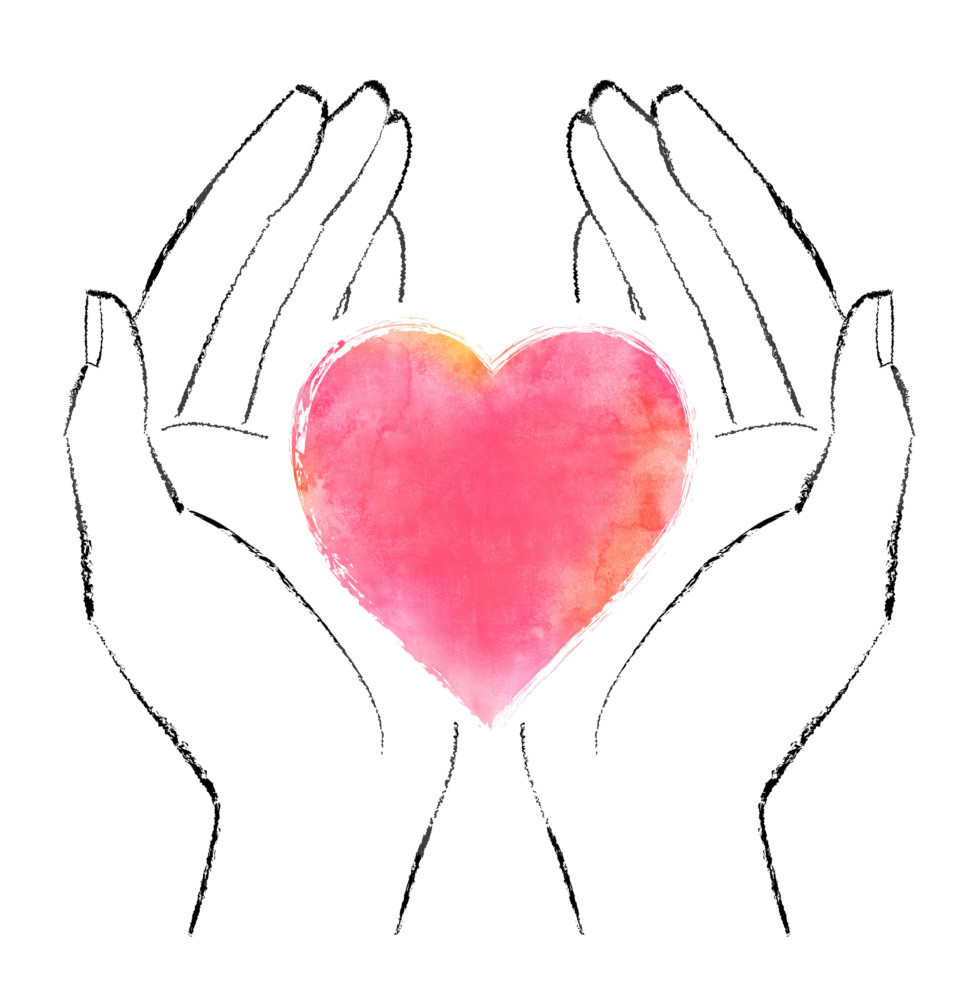By Leslie Barker
The Dallas Morning News
WWR Article Summary (tl;dr) A beautiful piece on the power of Kindness. As author Leslie Barker points out, novelist Henry James may have put it best… “Three things in human life are important,”… “The first is to be kind; the second is to be kind; and the third is to be kind.”
The Dallas Morning News
Before a run a few weeks ago, I was retying my shoes and fiddling with my earbuds when I caught the tail end of a story on NPR. It featured a fourth-grade teacher in Miami named Marlem Diaz-Brown, whose students were interviewing her.
“What’s your favorite word?” one asked.
She didn’t hesitate: “Kindness.”
“Next year,” she continued, “I’m thinking about taking all those classroom rules out and just writing down, ‘Be kind.'”
I took out my earbuds and began running toward the sunrise, soaking in the wisdom of that succinct simplicity. I’ve thought about this many times over, envisioning her two-word rule written in the clouds, or hanging from signposts, or spelled out in stars on a dark moonless night.
Hearing that seems to have set me off on being especially attuned to kindness: At a recent funeral, family members asked congregants to “pay forward” the kindnesses shown to them during their loved one’s illness. In April, Altrusa International of Richardson, Texas, sponsored Kindness Weekend. Residents left notes for mail carriers in mailboxes, paid for a stranger’s coffee, took cookies to every shift of firefighters and police officers.
“It was brand-new for us and it was wonderful,” says former president Cindy McIntyre, who instigated the two-day event.
On motto.time.com, I read an essay by Kelly Krause, content coordinator for South by Southwest in Austin, Texas. In it, she credited being kind to herself for the weight loss that had long eluded her. Since Easter 2013, she’s kept 120 pounds off.
“Living a kinder life and being good to myself, it’s a natural high that occurs,” she said in a phone interview. “It’s a decision we make every day. We are in total control of decisions, our choices, our lives. I choose to love, and I choose to be kind.”
And it struck me, isn’t this kindness stuff what everything really boils down to? Aren’t we more likely to remember someone who is kind than we are what that person wears or does for a living?
“Three things in human life are important,” said the novelist Henry James. “The first is to be kind; the second is to be kind; and the third is to be kind.”
That’s good to remember always, but it rings especially true during this election season that has been decidedly unkind. After all, says Harvard psychologist Richard Weissbourd, being kind is “the core of a just and healthy society that will allow us all to prosper.”
Adds McIntyre of Altrusa: “Our thought was that if you change behaviors, you can change attitude. So if you do a little thing with kindness, you’re less likely to dwell on all the bad going on in the world.”
Studies show that practicing kindness can lead to better health, better relationships, a longer life and success in the workplace. At its most basic, though, Weissbourd says, being kind is “the right thing to do.”
As co-director of Making Caring Common (mcc.gse.harvard.edu),which focuses on society working together to raise caring, responsible children, he laments that achievement and happiness, “and not the common good”, have been elevated as “the prime goals of child-rearing.
“It’s important that you’re kind and happy,” he says, “but kind comes first. I would rather have a kid who’s kind and struggles with happiness than a kid who is happy and struggles with being kind.”
For a civil and caring society, “we need them to focus on other people,” he says. “Also in terms of their welfare, if they have better empathy, they have better relationships and are more efficient at work.”
In a follow-up email, teacher Diaz-Brown elaborates on the power of kindness.
“I have learned,” she writes, “that when you teach kindness and compassion to students and they really understand the concept, everything else falls into place. This should be the first lesson of every teacher.”
Being nice is of utmost importance, too. But being kind is different.
“Nice connotes the social conventional practice of kindness: using nice language and being polite,” says Dacher Keltner, director of the Berkeley Social Interaction Laboratory at the University of California, Berkeley. “Kindness implies you have to engage in other people’s interests and take on their pains and pleasures as your own.”
Keltner’s topic at Arts & Letters Live in Dallas earlier this month was “Survival of the Kindest.” On the phone a few days earlier, he said our tendency toward kindness shows up early. “Look at babies who are 14, 18 months old. When they see a stranger struggling to get something done, they’ll help that stranger. There are big parts of our nervous system that really help us help other people.”
In turn, we feel good being kind because it activates the reward circuit of our brain, he says. “When I extend kindness to you, first of all, I watch you delight in that act,” says Keltner, whose books include “Born to Be Good: The Science of a Meaningful Life” (W.W. Norton & Co.; $16.95 paperback) and “The Power Paradox: How We Gain and Lose Influence” (Penguin Press; $26). Additionally, being kind activates the all-important vagus nerve, which communicates nerve impulses to every organ of the body.
“That tells us when I’m benefiting other people’s welfare, I get healthier and happier,” says Keltner. There’s also the release of oxytocin, “which calms the stress response. If I practice kindness, I live longer, and now we understand neurologically why.
“What are the powerful pathways to happiness? The best we have is kindness.”














































































































































































































































































































































































